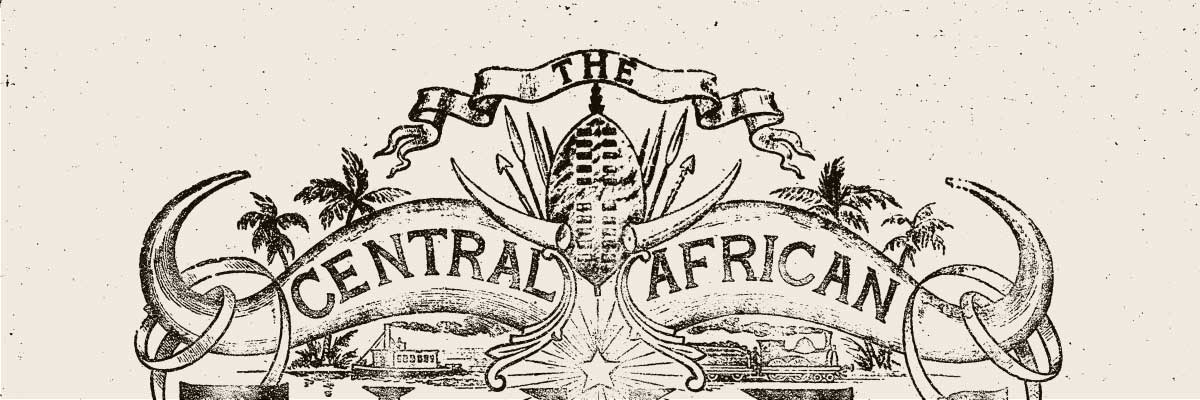The Center for Research Libraries has focused a great deal of attention on the library partnership aspects of the World Newspaper Archive (WNA). However, the resource is also gaining scholarly attention as access to the resources becomes better known on campus. CRL is interested in learning more about the uses and benefits of WNA among faculty, scholars, and students, as in the following example:
Peter Limb is the Africana Bibliographer at Michigan State University and an Associate Professor (Adjunct) in the History Department, where he teaches courses on the economic, social, and political history of South Africa
Dr. Limb’s interest in the World Newspaper Archives– African Newspapers is twofold: first, as a librarian and representative of the Cooperative Africana Microform Project (CAMP), from which much of the current module’s content has been drawn, and second as an African history scholar. Dr. Limb’s current research includes the works of African physician and politician A. B. Xuma, women in early African politics, comparative African-Indian nationalism, and a centenary history of the early black newspaper Abantu-Batho.
Limb also appreciates the features included in the Readex newspaper platform. “The image preview accompanying text searches is useful for interpreting context, particularly when a reference may only be to a last name or a single word of a title.” He cited references to Abantu-Batho, where editors of other newspapers would often only include “Abantu” as the source of an article from the former. Limb’s work on Abantu-Batho is part of a scholarly compilation on the history and publication of this important title. Started in 1912 with funding from the Queen-Regent of Swaziland, Abantu-Batho supported the newly formed South African Native National Congress, renamed the African National Congress (ANC) in 1923. Abantu-Batho became the official organ of the ANC by 1928 and was a leading African-owned newspaper in South Africa, championing the cause of African nationalism until financial troubles forced its closure in 1931.
Despite its historical importance, only fragmentary issues remain accessible (CAMP holds microfilm for the period April 1930–July 1931). Single copies of Abantu-Batho are held by various repositories or individuals in different countries, but the majority of issues from 1912 to 1929 remain elusive.
By using the World Newspaper Archive, Limb and his colleagues have uncovered references to articles (often reproduced wholesale) and letters published by the ANC mouthpiece. Piecing these together, the scholars are beginning to form a more complete publication history of the newspaper, including evidence of a previously undiscovered preview edition of the title. “With African Newspapers,” Limb notes, “we’re able to widen the scope of the material we are able to cite and reproduce for the publication, and add to the content of the essays we are producing.”
Aside from keyword searching, Limb finds the ability to browse and move through issues a distinct advantage over text-only databases, particularly for the historian who may not be able to pinpoint what terms to search. Searching the text of a newspaper only provides certain insight into the paper’s history, while full-issue browseability allows users to view the overall structure (advertisements, photographs, letters, and opinions) and content of the title.
Dr. Limb sees tremendous potential for World Newspaper Archive–African Newspapers, especially as additional content is added. He enthuses, “I can see amazing possibilities for teaching, by linking to primary sources, but we need to brief professors on this.”
